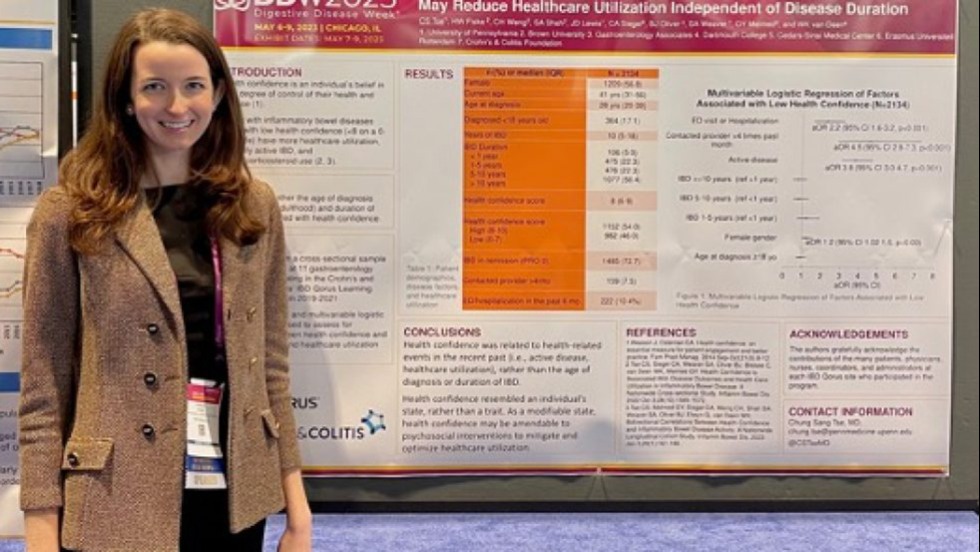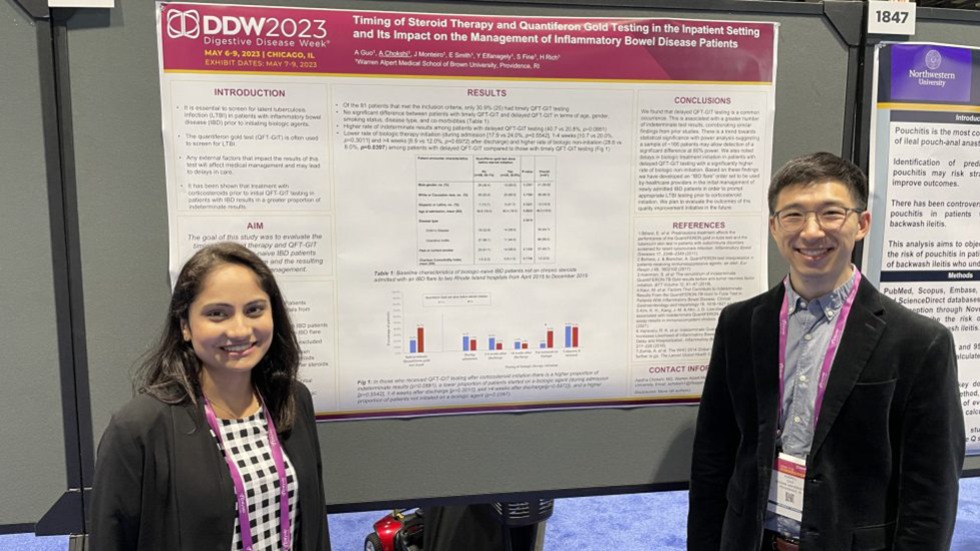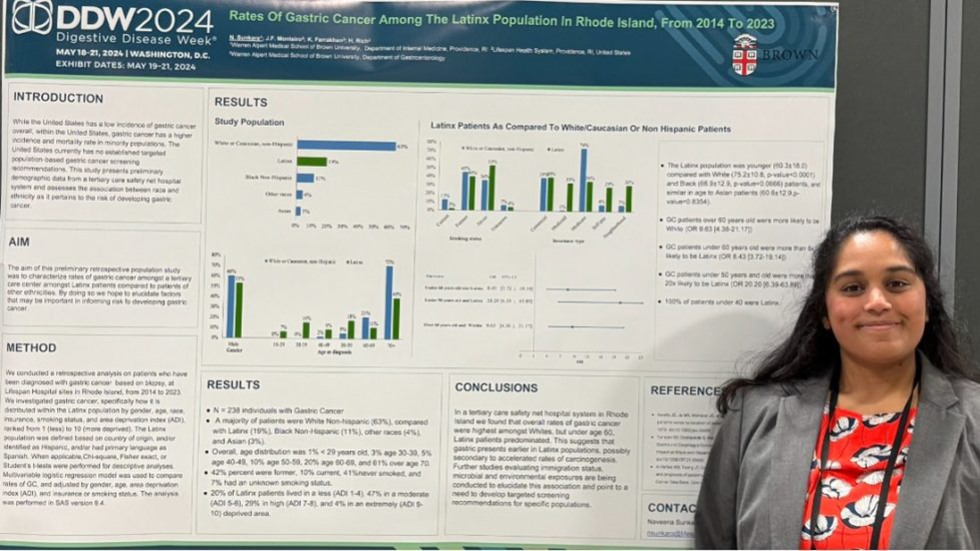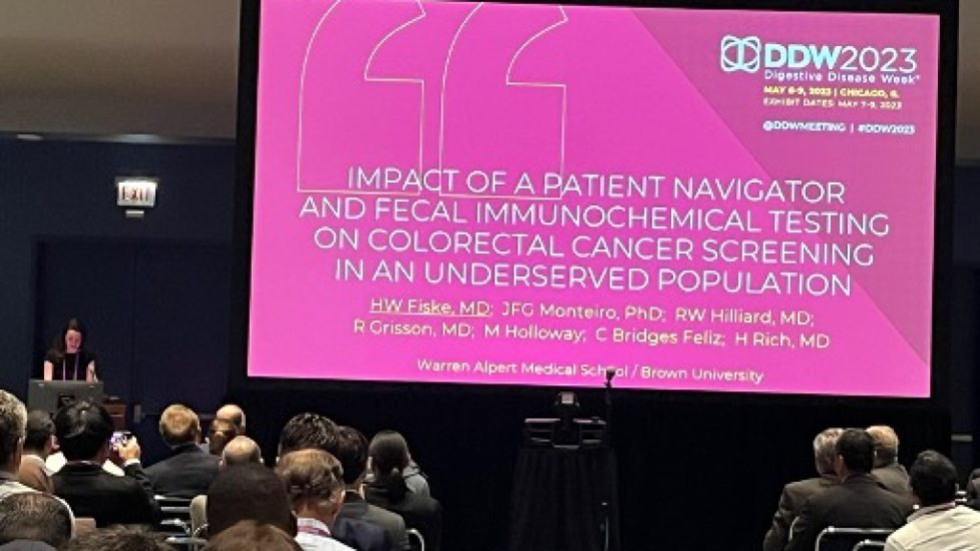Gastroenterology
Our division provides state-of-the-art treatment for patients with gastrointestinal and liver diseases, educates students in the pathophysiology of digestive diseases, and provides a strong basic science program for advancing the understanding of these disease processes.
Gastroenterology
Our division provides state-of-the-art treatment for patients with gastrointestinal and liver diseases, educates students in the pathophysiology of digestive diseases, and provides a strong basic science program for advancing the understanding of these disease processes.
Overview
The Division of Gastroenterology & Hepatology at The Warren Alpert Medical School of Brown University is located at Rhode Island and Miriam Hospitals and the Veteran’s Administration Medical Center. The Liver Research Center is a 13,000-square-foot facility located at 55 Claverick Street, half a mile from Rhode Island Hospital. The major missions of the Division are to provide state-of-the-art treatment for patients with gastrointestinal and liver diseases, to educate undergraduates, medical students, medical residents and postdoctoral fellows in the pathophysiology of digestive diseases and to provide a strong basic science program for advancing the understanding of these disease processes at the cellular and molecular level.
The clinical program is robust and serves as a focus for translational research activities. Currently, there are over 20 active research studies. We also offer the opportunity to understand GI and liver diseases in a broader global context with our international program which allows for a one-month rotation in one of 18 sites throughout the world. This opportunity is offered in the third year of fellowship training. The Division also provides a training track in GI and liver diseases in women, including pregnancy.
Overall, the activities of the Division allow for career development opportunities in clinical gastroenterology and hepatology, as well as basic and translational research in digestive diseases with the opportunity to be involved at all levels of the educational process.
Research Update: Digestive Disease Week, May 2024
Congratulations to our fellows (aided by residents) and faculty who presented their research in Washington DC. The link below contains the presentations from our GI faculty (in bold). fellows and residents (underlined).
Faculty
-

Paul Akerman, MD
Clinical Assistant Professor of Medicine; Clinical Assistant Professor of Surgery -

William Chen, MD
Clinical Assistant Professor of Medicine -

Jason Ferreira, MD
Clinical Assistant Professor of Medicine -

Sean Fine, MD
Assistant Professor of Medicine; Director, Inflammatory Bowel Disease Center; Clinician Educator -

Jeanette Giedrimas, MD
Assistant Professor of Medicine; Clinician Educator -

Fadlallah Habr, MD
Associate Professor of Medicine; Director of Endoscopy, RI Hospital; Director, Global Health; Clinician Educator -

May Min, MD
Assistant Professor of Medicine; Clinician Educator -
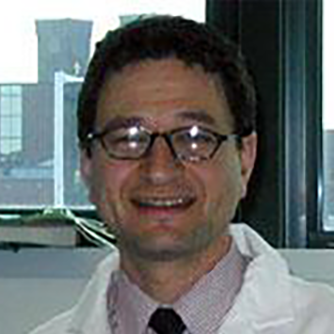
Steven Moss, MD
Professor of Medicine; Program Director, GI Fellowship -

Eric Newton, MD
Clinical Assistant Professor of Medicine -

Nnenna Okpara, MD
Assistant Professor of Medicine; Clinician Educator -

Edward Pensa, MD
Clinical Assistant Professor of Medicine -

Pranith Perera, MD
Clinical Assistant Professor of Medicine -
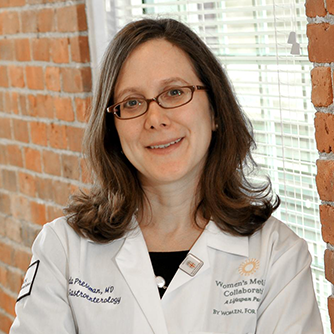
Amanda Pressman, MD
Associate Professor of Medicine; Director of Women’s GI Program; Associate Program Director, GI Fellowship; Clinician Educator -

Kittichai Promrat, MD
Professor of Medicine; Interim Division Director; Director of Gastroenterology, VA Medical Center; Clinician Educator -

Harlan Rich, MD
Associate Professor of Medical Science; Associate Professor of Medicine -

Thomas Sepe, MD
Clinical Professor of Medicine -

Samir Shah, MD
Clinical Professor of Medicine -

Shannon Simmons, MD
Assistant Professor of Medicine; Clinician Educator -

Li Wang, MD
Assistant Professor of Medicine; Clinician Educator
Fellowship Program
Gastroenterology Fellowship
The goal of the program is to prepare board eligible internists for a career in clinical or academic gastroenterology.
Research Programs
Liver Research Center
The Liver Research Center is a 13,000-sq. ft. facility emphasizing molecular biology of liver diseases. Fellows may participate in many of the established studies i.e., genomics, pathogenesis of HCC.
The molecular relationship between chronic hepatitis B, C infection(s) and HCC is under investigation. Of interest is the generation of naturally occurring viral variants which convey different biologic properties i.e., latency, low gene expression, and increased virulence. Ongoing studies examine the molecular mechanisms of viral integration into cellular DNA during the development of HCC with emphasis on HBV variants.
Attempts are underway to understand: hepadnavirus hepatocyte cell surface receptor binding protein, the functional role of hepatitis Bx protein, characterization and cloning of liver specific proteins. All relate to the hepatocyte transformation process since HBx, in combination with cellular factors, acts as a transcriptional transactivator of growth-related genes.
The development of antiviral approaches i.e., antisense oligonucleotides, ribozymes, dominant negative mutants, therapeutic viral DNA-based vaccines, that interfere with HBV/HCV replication. Gene therapy of viral hepatic disease to develop DNA constructs for delivery to the liver i.e., receptor mediated endocytosis of targeted liposomes, and use of various adenoviral, retroviral, and adeno-associated viral constructs that express genes of interest in hepatocytes.
Major work focuses on growth regulation of hepatocytes through factor receptors and intracellular signal transduction pathways i.e., insulin receptor substrate-1 (IRS-1). Downstream MAP kinase activation is being studied in a variety of experimental and human disease systems. Finally, the relationship of chronic HBV infection and activation of growth factor signal transduction cascade is actively pursued at the molecular level.
Clinical Research
There are over 20 active clinical research projects in the Division of Gastroenterology. Almost all the projects involve trainees, including GI fellows, medical residents, and medical students. Research is facilitated by a full-time clinical research supervisor, who is available to assist with protocol design and regulatory processes, such as IRB submission, compliance, and financial management.
Current projects include:
